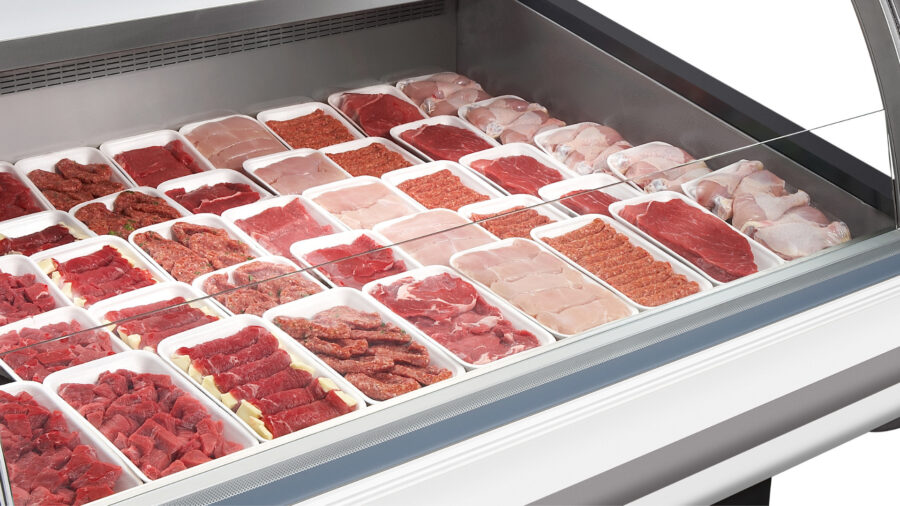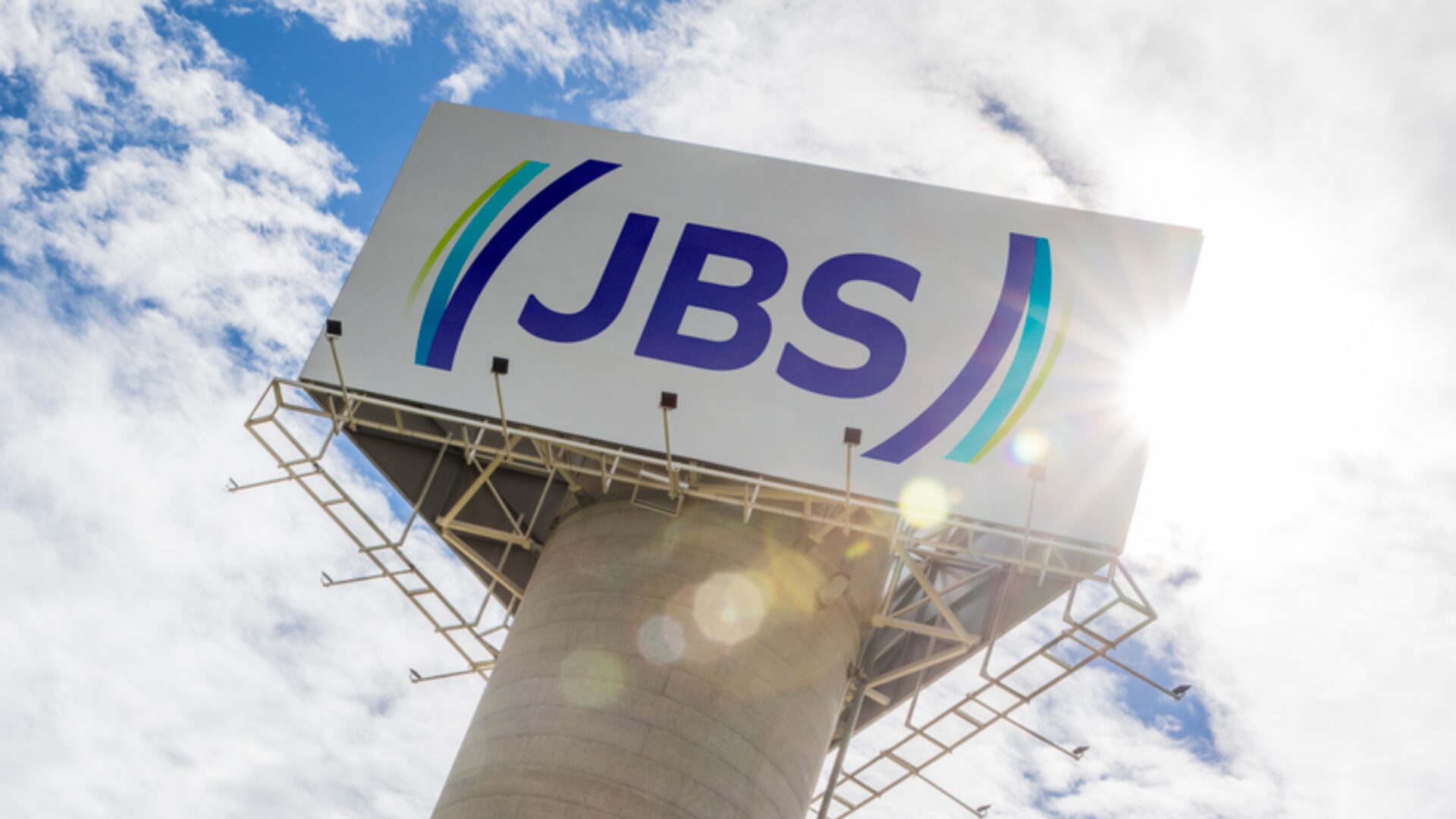What jumps out from the calendar first quarter reports from U.S.-facing meat producers is not just how bad the results were, but how badly they missed expectations. To be sure, Wall Street analysts aren’t perfect, but their projections usually are at least close.
For the results from the industry’s major players in Q1, Wall Street was not close.
As Reuters reported, Brazil’s JBS S.A. posted a net loss of 1.45 billion reais ($290 million USD) — nearly five times the loss Wall Street projected. Analysts expected Tyson Foods to have a difficult quarter, with adjusted earnings per share of 84 cents against $2.29 the year before. Not only did Tyson not post that lower level of profit, it didn’t post any profit at all. Even on an adjusted basis, the industry giant still lost 4 cents per share.
It’s fair to argue that the problem, perhaps, is more with Wall Street models than with the companies’ results. Surely those firms have access to up-to-the-second data on grain costs, wholesale prices, and the other myriad factors that drive profits in the industry. And the challenges facing the industry are well-known.
A Convergence of Challenges
Input costs are up, prices are falling, volumes are down. It’s an unprecedented environment. As Tyson CEO Donnie King noted on his company’s earnings call, calendar Q1 was a “highly unusual situation where beef, pork, and chicken were all experiencing challenges at the same time.”
But it was also somewhat jarring to hear King return to versions of that explanation over and over again — as if the factors driving Tyson’s ugly fiscal second quarter (the first calendar quarter of 2023) were solely out of the company’s control. The question-and-answer portion of the call began with a query about the causes of Tyson’s below-industry performance. King spoke for three minutes — and never came close to answering the question.
In fact, Tyson’s results do look disappointing compared to the industry. On its earnings call two weeks earlier, poultry processor Pilgrim’s Pride (majority-owned by JBS) sounded far more optimistic, projecting a better Q2 and a return to normalized margins by year-end. And it doesn’t seem like a coincidence that Pilgrim’s Pride, despite its own soft quarter, actually topped Wall Street expectations.
Clearly, for Tyson execution was an issue — and remains an issue.
Along with fiscal Q2 results, Tyson slashed its profit outlook for the year. After fiscal Q1 results, the company expected modestly positive margins in each of beef, pork, and chicken. Post-Q2, guidance is for roughly breakeven performance across the board. Yet the external environment clearly didn’t change that much, if at all, in the intervening three months. Outside of prepared foods (where Tyson actually did well), the company simply isn’t executing, or forecasting, well.
JBS Suffers from Poor Execution
For its part, JBS at least admitted to problems during its first quarter that hit its profit margins by an estimated 3 to 4 percentage points. That’s a huge figure given that net margins for full-year 2022 were just 4.1% — and too shows that poor execution was a key aspect of the disappointing results for the period.
It’s tempting to look at both JBS stock – at a four-year low – and at Tyson – back at levels last seen in March 2020 – and assume that the market is overreacting to an unprecedented level of cyclical pressure. It’s tempting to see both processing giants as buys, at least for patient investors.
But it’s clear there are issues at both companies that go beyond external challenges. Put another way, Wall Street modeled how JBS and Tyson should have performed last quarter – yet the results showed what those companies were actually able to achieve.
Vince Martin is an analyst and author whose work has appeared on multiple financial industry websites. He’s the lead writer at Overlooked Alpha, which offers market-wide and single-stock analysis every week.












